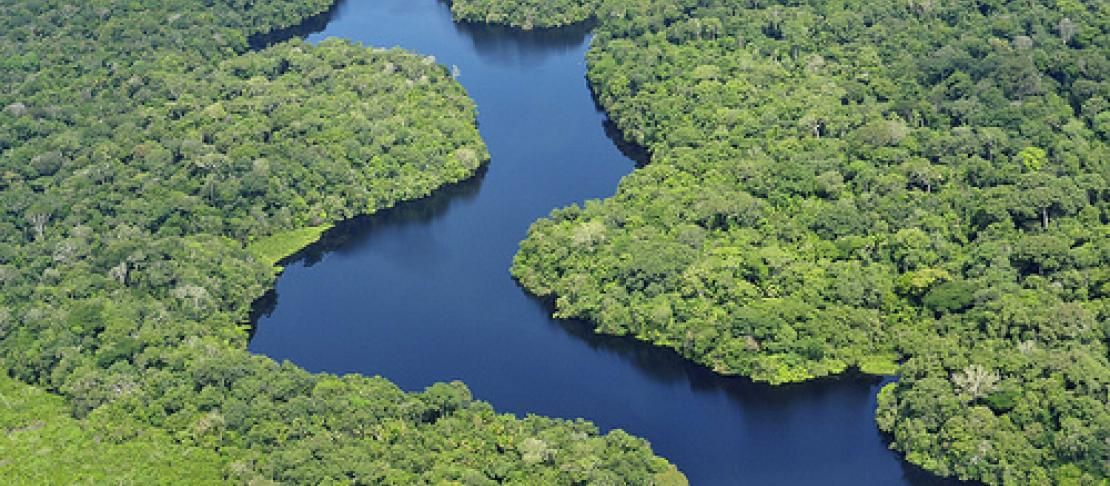Smarter food production key to curbing forest loss

Many countries that have pledged to Reduce Emissions from Deforestation and forest Degradation (REDD) have formally recognised agriculture as a major driver of land use change. But our research finds that most of these countries do not have detailed plans to deal with agriculture, despite their commitments to REDD.
The research, which was launched at the UN Climate Conference in June is featured in an AlertNet article, and includes insights from CCAFS director Bruce Campbell and other partners:
But for nations already struggling to feed their populations, limiting deforestation caused by agricultural expansion is a challenge since it is tangled up in issues of food security, said Lindiwe Sibanda, CEO of the Food, Agriculture and Natural Resources Policy Network, a research group that focuses on southern Africa’s food supply.
“You’re dealing with farmers that are already ravaged by the effects of climate change,” Sibanda said. “They haven’t been making a profit. … Farmers know the benefits of forests but because they have no choice, they are pushed into forests.”
The researchers propose that REDD countries mainstream agriculture into their existing climate and forestry plans, and adopt 'climate-smart' agricultural practises including intensification, reducing soil disturbance, adopting new seed varieties, and agroforestry.
Read more:
Linking forests and food production in the REDD+ context by Gabrielle Kissinger, CCAFS Policy Brief No. 3. June 2011
Smarter food production key to curbing forest loss - study - AlertNet, 28 June 2011
"Unless we address agriculture, REDD will not be successful!" Report back from Bonn - 10 June 2011


